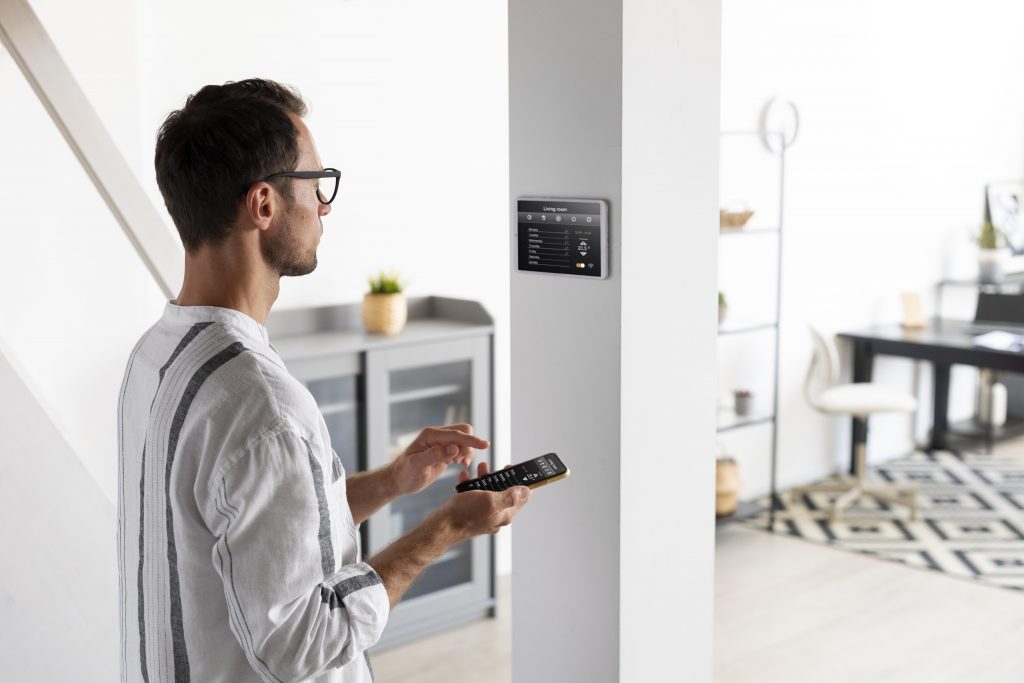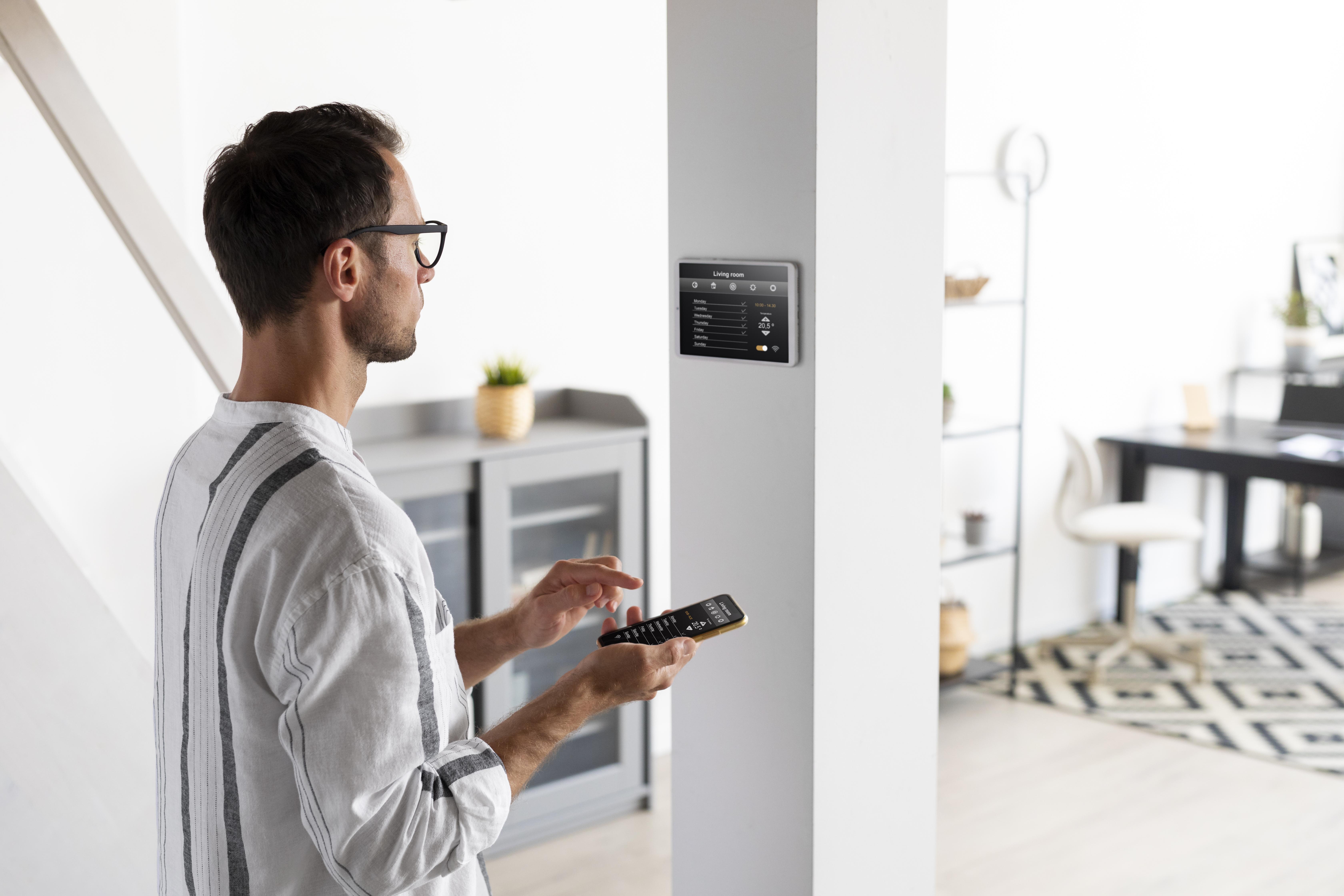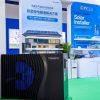Smarter Than Ever: When Heat Pumps Start to Think Ahead
In the last decade, the heat pump revolution has been powered by hardware: better compressors, greener refrigerants, and smarter components.
But the next leap won’t come from metal — it will come from intelligence.
That’s where predictive control and AI-based management enter the stage.
Imagine a Tongyi R290 heat pump that doesn’t just react to temperature changes, but anticipates them — adjusting its operation before you even notice a difference.
This is not science fiction. It’s the next evolution of efficiency.
What Is Predictive Control?
A traditional heat pump controller works like a thermostat: when the room gets cold, it turns on; when it’s warm enough, it turns off.
That’s called reactive control — simple, reliable, but not always efficient.
A predictive control heat pump, on the other hand, uses data and algorithms to forecast what will happen next.
It considers:
- Outdoor weather trends and temperature forecasts
- Past consumption patterns
- Building insulation and thermal inertia
- Occupancy and hot water usage habits
- Even the output of your solar panels
By processing all these factors, the system can plan its operation in advance — heating water before demand peaks, reducing output when sunlight is expected, and avoiding unnecessary starts and stops.
The result: higher efficiency, longer lifespan, and superior comfort.

Why It Matters for Performance
In real life, conditions are never constant. Temperature fluctuates, hot water demand changes, and the power grid varies by the minute.
That’s where predictive control shines.
Here’s what it brings to Tongyi’s R290 line:
- Energy Optimization
By anticipating demand, the system runs only when needed — cutting consumption without compromising comfort. - Comfort Stability
Temperature variations become almost unnoticeable. The system knows what’s coming and adjusts smoothly. - Extended Lifespan
Fewer on/off cycles mean less wear and tear on key components such as the compressor. - Predictive Maintenance
AI algorithms can detect unusual performance patterns early, sending alerts before a fault occurs. - Grid and PV Integration
With predictive logic, your heat pump can align with solar generation or lower electricity tariffs — automatically.
The Global Trend
Across the HVAC industry, predictive control heat pump is one of the hottest topics of 2025.
Major manufacturers and research institutions are developing algorithms capable of self-learning and demand forecasting.
Machine learning and model-predictive systems are already reducing energy use in large commercial buildings — and residential applications are next.
For Tongyi, this represents an opportunity: pairing reliable R290 hardware with intelligent control logic to achieve unprecedented system efficiency.
How Tongyi Is Preparing
Tongyi’s current generation of R290 air-to-water heat pumps already integrates advanced inverter control, IoT connectivity, and smart scheduling features.
The next step is predictive control, powered by cloud-based data and adaptive algorithms.
Imagine:
- A heat pump that preheats your buffer tank before a cold night.
- One that lowers output when it learns your routine absence during work hours.
- Or one that syncs with your solar inverter, using free energy from your panels at the perfect time.
This is where technology meets intuition — and where Tongyi intends to lead.

Looking Ahead
The combination of AI, IoT, and predictive control will transform how we think about heating and cooling.
Instead of being a static appliance, your heat pump will become an active partner in managing your energy — intelligent, responsive, and sustainable.
For Tongyi, innovation doesn’t stop at components.
It’s about creating systems that learn, adapt, and perform — every day, in every season.











